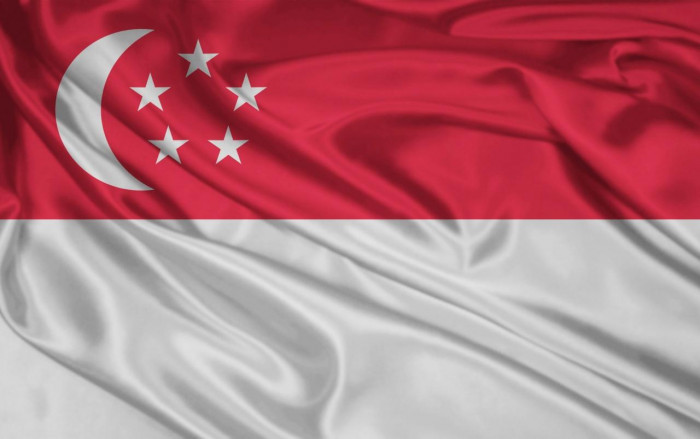Singapore's employment legislation and practices provide a secure and balanced framework that safeguards the rights and obligations of employers and employees. By addressing various aspects of employment, such as social welfare taxes, employee rights, standard employee benefits, termination procedures, confidentiality of employee records, and non-competition clauses, Singapore fosters a fair and supportive working environment. As the country continues to maintain its strong economy and social welfare system, it is essential to maintain and adapt these regulations and practices to promote sustainable growth and protect the well-being of the Singaporean workforce. Upholding a commitment to transparency, fairness, and employee rights will enable Singapore to attract and retain top talent, contributing to long-term prosperity for its businesses and citizens. By embracing and adapting to the evolving needs of the labor market, Singapore can continue to be a global leader in employment practices and legislation, creating an environment that supports the growth and success of both employees and employers alike.
Types of Employment in Singapore
Singapore recognizes various forms of employment, including full-time, part-time, temporary, and fixed-term contracts. Self-employment and freelance work are also common, particularly in sectors such as information technology, creative industries, and professional services.
Key Employment and Human Rights Laws in Singapore
Employment Act (Cap. 91): This legislation governs the terms and conditions of employment for the majority of employees in Singapore. It covers areas such as working hours, rest days, overtime pay, and public holidays, ensuring fair labor practices and protection for employees.
- Positive Attribute: The Employment Act establishes a comprehensive legal framework for employer-employee relations, promoting transparency and fairness in the workplace.
TAFEP Guidelines: The Tripartite Alliance for Fair and Progressive Employment Practices (TAFEP) provides guidelines to promote fair and responsible employment practices, including non-discrimination and equal opportunity in the workplace.
- Positive Attribute: By encouraging fair employment practices, these guidelines foster a diverse and inclusive working environment, benefiting both employees and employers.
Social Welfare Taxes and Employee Rights
In Singapore, employers contribute to the Central Provident Fund (CPF) for their employees, which covers pensions, healthcare, housing, and other social protections. Employees enjoy various rights, such as the right to a minimum wage for specific sectors, protection from discrimination, and the right to join trade unions.
Standard Employee Benefits
Standard employee benefits in Singapore include:
- Paid annual leave, generally a minimum of 7 working days per year, increasing with years of service.
- Paid sick leave, with benefits provided by the Employment Act.
- Maternity leave of 16 weeks, with benefits provided by the government.
- Paternity leave of 2 weeks, fully paid by the government.
Termination of Employment
Singaporean law outlines a framework for employment termination, including mutual agreement, dismissal for misconduct, and redundancy. Employers must provide employees with a notice period, which ranges from one day to four weeks, depending on their years of service. Employees may also be entitled to severance pay, depending on the terms of their employment contract.
Confidentiality of Employee Records
The Personal Data Protection Act (PDPA) governs the processing and handling of employee records in Singapore. Employers must take appropriate measures to safeguard the confidentiality and integrity of personal data, ensuring that it is only accessed by authorized personnel and used for legitimate purposes.
Non-competition Clauses
Non-competition clauses can be included in employment contracts to prevent employees from sharing trade secrets or sensitive information with competitors. These clauses must be reasonable in terms of duration, geographic scope, and the nature of the restriction. Singaporean courts generally uphold non-competition clauses that protect legitimate business interests without unduly restricting employees' freedom to work.
Related Information















